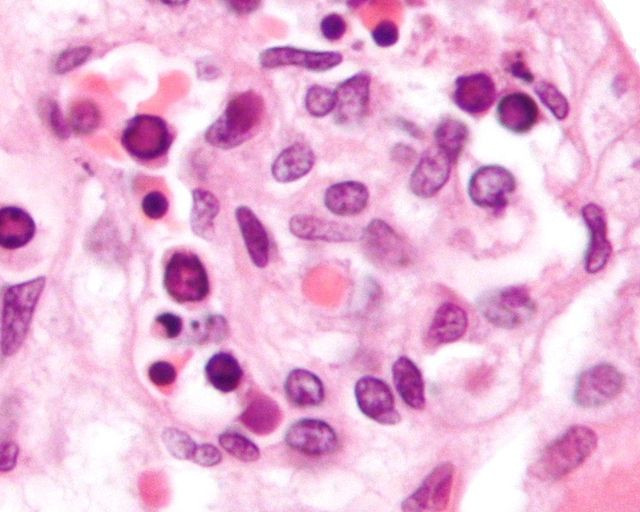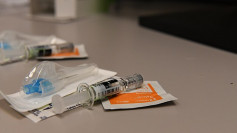Health officials in the United States are raising alarms over an uptick in cases of parvovirus B19, a virus commonly known for causing "slapped cheek" syndrome, especially in children. The Centers for Disease Control and Prevention (CDC) recently issued a health advisory after noting a significant rise in infections, particularly among children aged 5 to 9. This warning follows similar observations in 14 European countries earlier this year, where the virus showed an unusual spike.
Parvovirus B19 is not a new threat; it has circulated for decades, often peaking in late winter through early summer. Most people infected with the virus experience mild or even no symptoms. However, for certain groups-such as pregnant women, immunocompromised individuals, and those with specific blood disorders-the virus can lead to severe complications, making the current rise in cases particularly concerning.
How Parvovirus B19 Spreads and Manifests
The parvovirus B19 spreads primarily through respiratory droplets, such as those produced when an infected person coughs or sneezes. It can also be transmitted via blood and from mother to fetus during pregnancy. It's important to note that this virus is different from the canine parvovirus, which affects dogs and cannot be transmitted between pets and humans.
In most cases, individuals who contract the virus remain asymptomatic. However, when symptoms do appear, they vary depending on the age of the patient. Children often first exhibit flu-like symptoms such as fever, headache, and cough. This phase, which lasts several days, is when they are most contagious. Subsequently, some children develop a characteristic facial rash that gives the virus its nickname, "slapped cheek disease."
In adults, parvovirus B19 typically presents differently. The most common symptom is joint pain, which can last from days to weeks. Although a rash can occur, it is less common in adults than in children.
Risks and Complications
For the majority of people, parvovirus B19 is not a cause for significant concern, as most recover without any need for medical intervention. However, the virus can pose serious risks to certain populations. In pregnant women, especially those infected during the first 20 weeks of pregnancy, the virus can sometimes cause fetal anemia or miscarriage. Early detection and intervention, such as fetal blood transfusions, can mitigate these risks, as noted by Dr. Katherine Bligard, an OB-GYN at Washington University in St. Louis.
Individuals with weakened immune systems, such as those undergoing treatment for leukemia or who have received organ transplants, are also at higher risk. For them, a parvovirus B19 infection can lead to severe anemia, necessitating prompt medical attention. People with chronic blood disorders like sickle cell disease or thalassemia are similarly vulnerable.
Prevention and Safety Measures
While there is no vaccine or specific treatment for parvovirus B19, the CDC recommends several preventive measures that align with general practices for avoiding respiratory infections. These include frequent hand-washing and disinfecting commonly touched surfaces. Given that the virus can be contagious before symptoms appear, these hygiene practices are particularly important.
For those at higher risk, such as pregnant women and individuals with compromised immune systems, the CDC advises seeking medical care if they have been exposed to the virus or are experiencing symptoms. Dr. Kawsar Talaat, an infectious disease expert from Johns Hopkins Bloomberg School of Public Health, emphasizes that while the rising infection rates are concerning, there is no need for panic. "This is just a heads-up to give healthcare providers notice that they're seeing more infection this summer and to be aware of those who are at higher risk," she explained.






